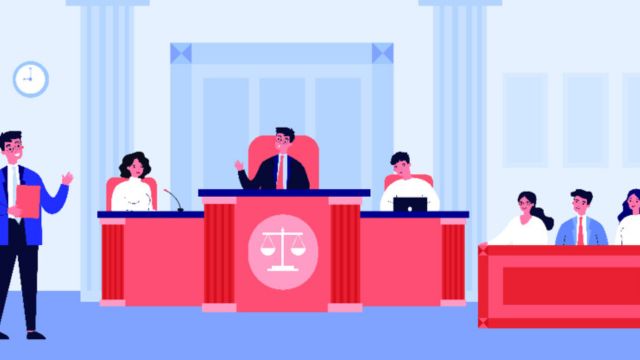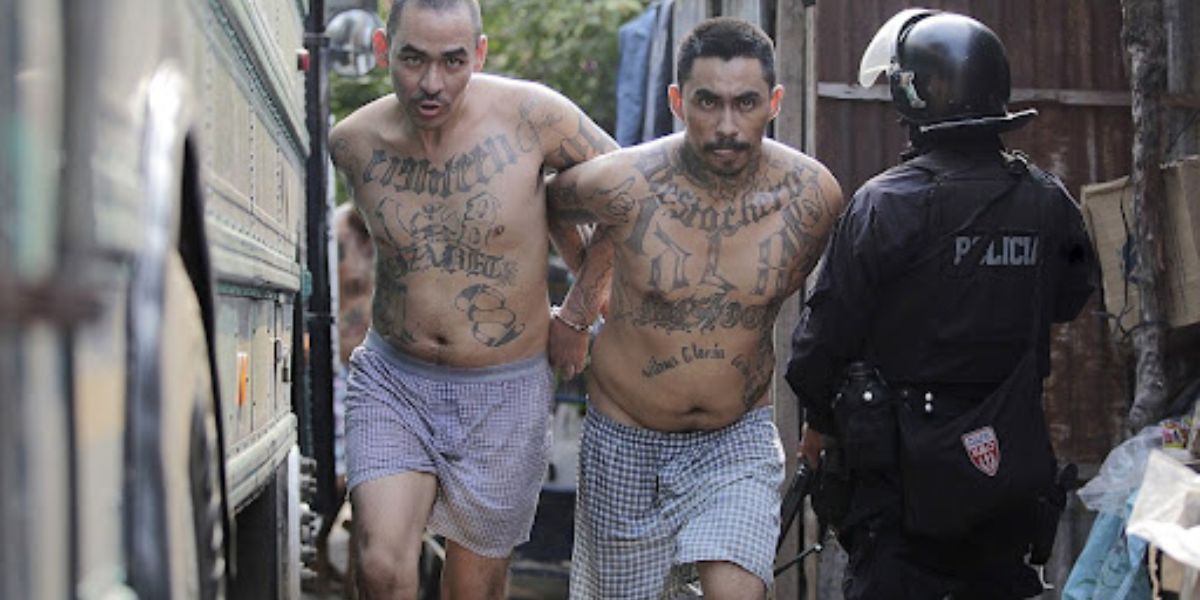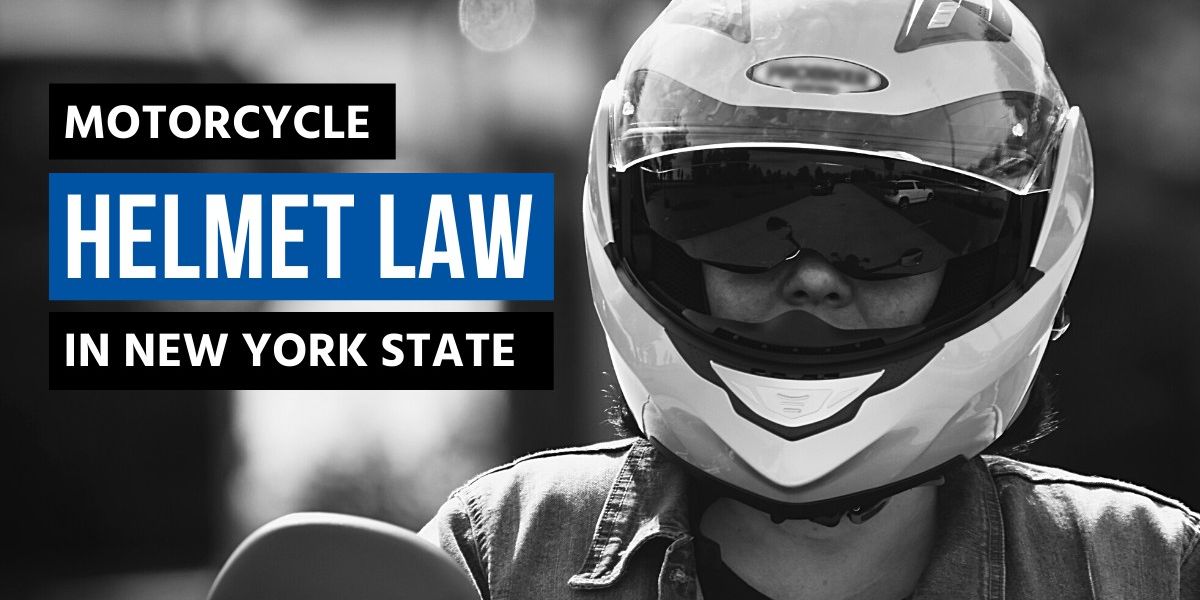This week, the Supreme Court will hear arguments over the exclusion of Republican front-runner Donald Trump from Colorado’s primary ballot ahead of the 2024 election. This issue will compel the court to delve into murky election law during a contentious election year.
The case, whose oral arguments begin on Thursday, might have a significant impact on Trump’s chances of winning the 2024 race as he battles to stay in the running as more and more states strike him from their lists of candidates.
Even while a lot of experts in election law have doubted that the Supreme Court will find against Trump, the case is unique in the legal issues it presents for the nine justices to decide.
First, a group of Republican voters in Colorado filed the lawsuit, claiming that Trump was not allowed to run on the ballot because he incited his followers to storm the Capitol on January 6, 2021, during the congressional certification of President Joe Biden’s victory, an act of insurrection.
Initially, a Colorado district judge found that Trump had engaged in rebellion, but she also decided that he shouldn’t be disqualified from the election. But the Colorado Supreme Court reversed the judge’s decision and banned him.
Colorado is in a legitimate situation. According to Business Insider, Scott Lemieux, a political science professor at the University of Washington and an authority on constitutional law, “this is not a frivolous or completely off-the-wall argument.”
The crux of the issue concerns a narrow section of the 14th Amendment, namely Section 3, which forbids anyone who is an “officer of the United States” from assuming their position if they have “engaged in insurrection or rebellion.”
Originally, the disqualification provision was intended to prevent former Confederates from reentering politics following the Civil War. The Supreme Court has never made a direct decision regarding how the clause should be applied.
The Trump lawsuit is expected to hinge on how the court interprets two terms from the Amendment: “officer” and “insurrection.”
“This case offers a constitutional supernova from a legal standpoint: A former president seeking reelection, a state Supreme Court decision holding the opposite, and a constitutional provision with almost no authoritative interpretation by the Supreme Court, according to Cleveland State University College of Law professor Doron Kalir, told BI.
“I don’t think many law professors could have concocted a more complex exam question in their mind,” he said.




